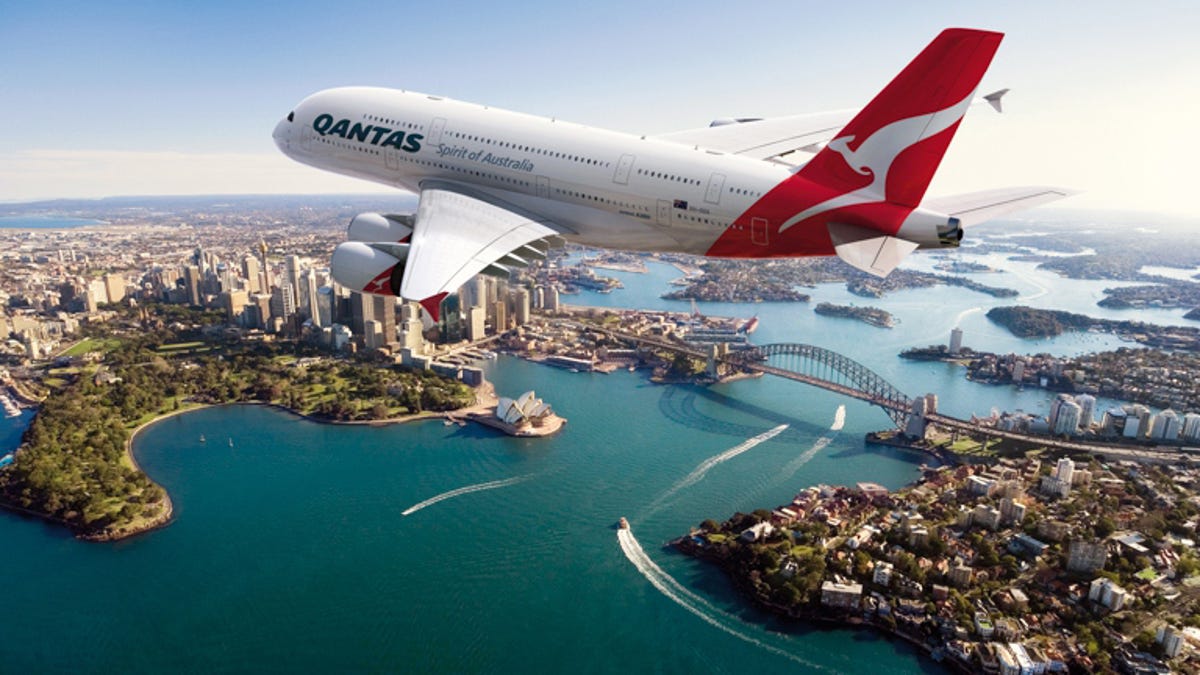No-fuss facial recognition to replace passports in Australia
A major overhaul of Australia's international travel security policy would see contactless biometrics replace current passport scanning.
If you've always wanted the kind of face that can take you places, today is your lucky day (provided that place is Australia and you're still happy with your actual face).
The Australian government has announced plans to replace current identification procedures with biometric systems for international travellers. Keep your passport in your pocket, and clear airport security with facial recognition, iris or fingerprint scans.
It's being rolled out as part of the Seamless Traveller initiative. First announced in 2015, the initiative is a $93 million, 5-year project that will bring "the next generation of automated biometric processing" to Australia's major international air- and seaports.
While there's an end goal of a world-first contactless border system in place, the Department of Immigration and Border Protection is still seeking tenders and staying open to possible technical solutions. "The department is asking tenderers to provide innovative solutions to allow arriving travellers to self-process," a DIBP spokesperson told the Sydney Morning Herald.
Australia currently uses a SmartGate system capable of scanning passports electronically. The new rollout would see the gates, which were introduced within the past 10 years, retired.
The current timeline would have trial biometric systems in place in the nation's capital by July 2017 with full implementation in the country's international airports by March 2019.
CNET Magazine: Check out a sampling of the stories you'll find in CNET's newsstand edition.
Life, Disrupted: In Europe, millions of refugees are still searching for a safe place to settle. Tech should be part of the solution. But is it? CNET investigates.


